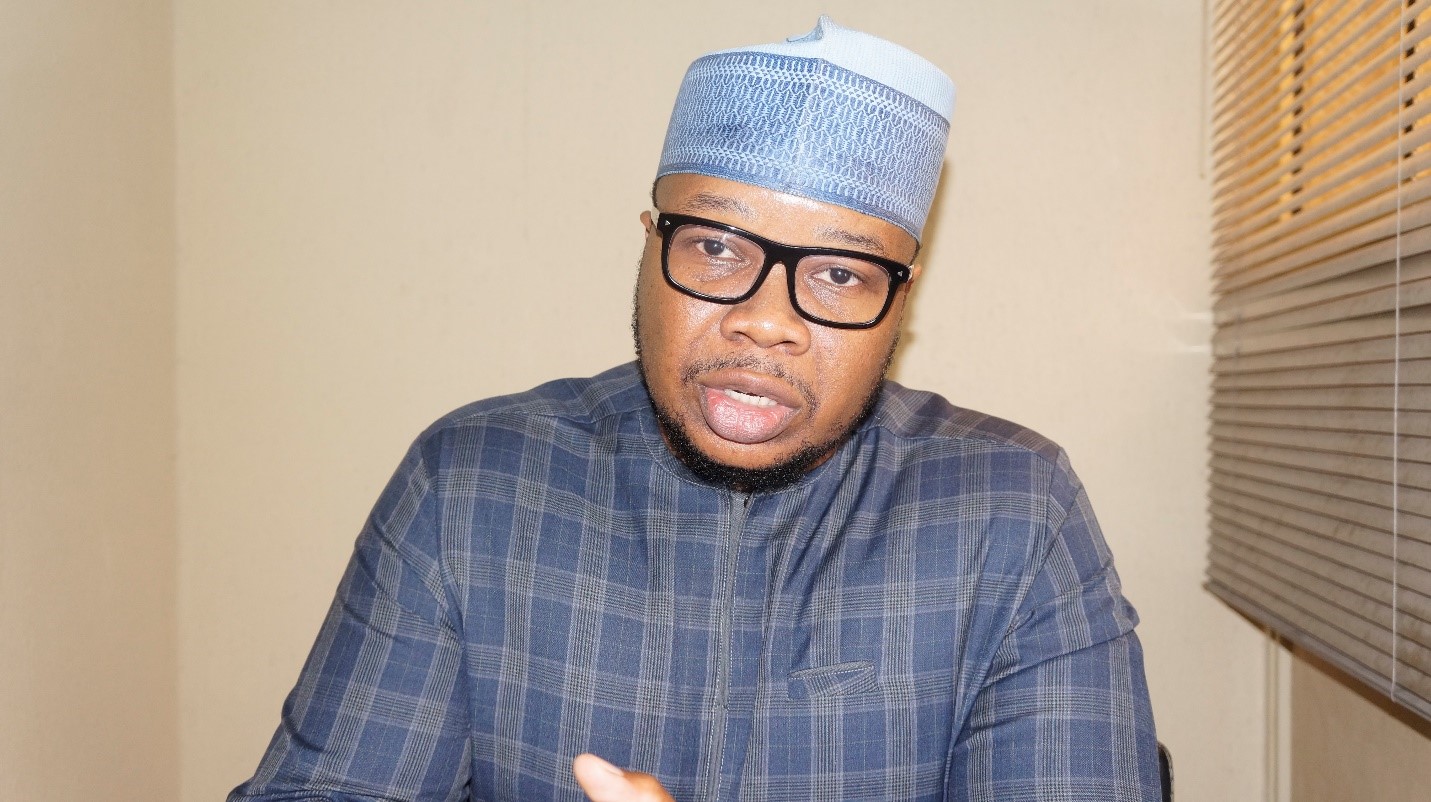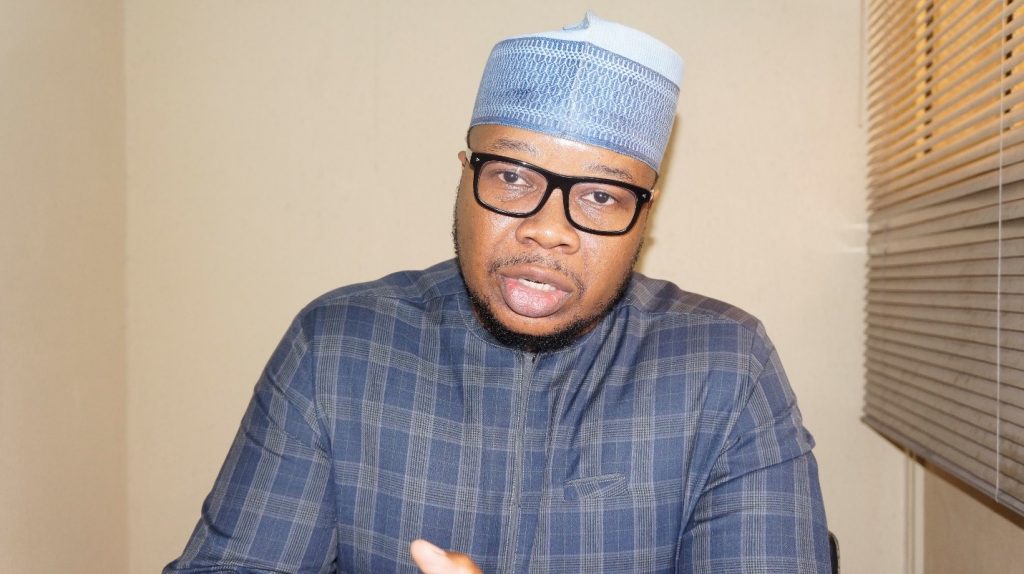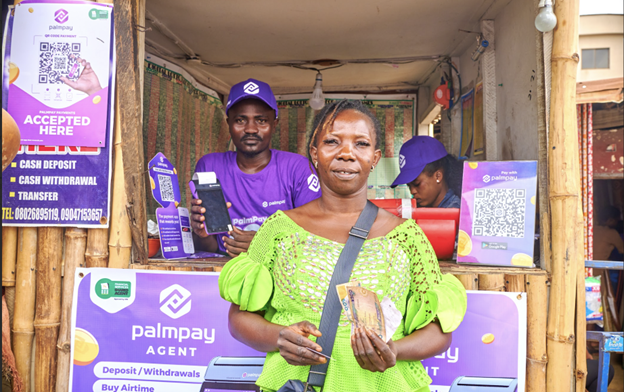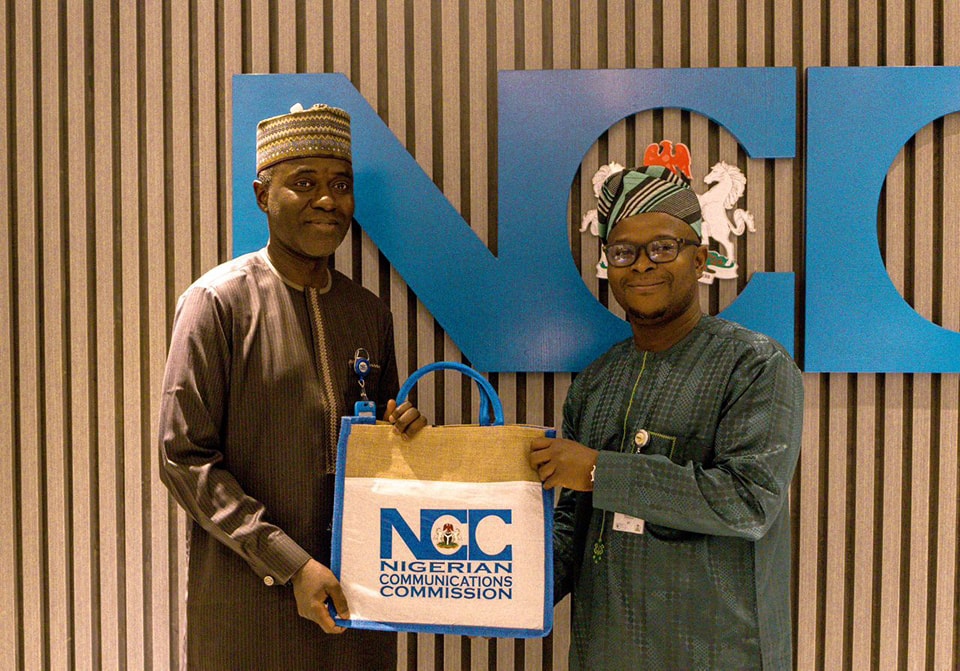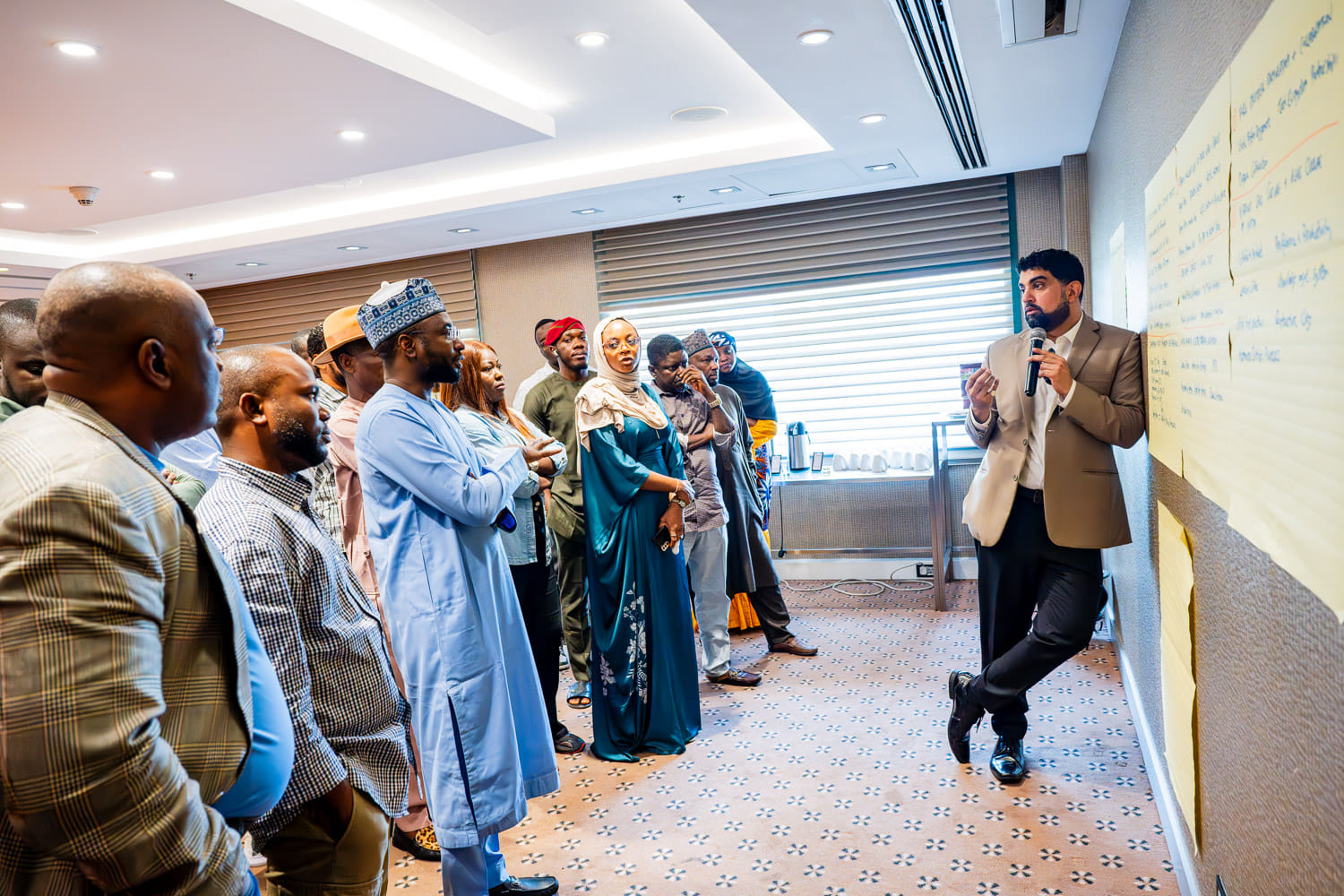In an exclusive interview with Abdul Magoro, the Commissioner for Information Technology Kebbi State, he expresses his desire to build capacity in the information technology (IT) and also drive eGovernance across MDAs in the state. Abdul expresses his intention to build an army of IT startups by 2023. Segun Oruame, Anthony Nwosu and Yinka Fagbenle captured this.
Can we have a brief insight to your education and career background?
I have a degree in Business Administration, in London, United Kingdom (UK) back in 1998, then I have my master’s degree in information technology management in the UK also. I have worked with City Bank London and a couple of other places in UK before I came back to Nigeria to contribute to my quota in the development of the country. I did my national youth service (NYSC) at a firm called Ocean and Oil which was taken over by Oando. Then I moved to a private sector, a logistic firm also, I worked at the board in this capacity. I was there for about five years before been appointed as the commissioner for ICT by Governor of Kebbi State, His Excellency Atiku Abudu.
With this impressive resume, we can say that you have what it takes to pilot the ICT in Kebbi, what would be your thrust as a commissioner?
The most important thing is to reorganize the public/government sector. As you know, technology is a driver and we have to deploy ICT in the sector to ensure efficiency and productivity. These are the intention of the Governor of the state. We want Kebbi State to be a state that is being run efficiently, using IT as a platform. My role as a commissioner is to coordinate all the ICT activities in the state. My ministry is to ensure that there is coordination and synergy in this area. We are looking are critical areas such as revenue generation, capacity building and e government. We are just a new ministry less than a month old, but we are making a steady progress by coming up with a draft, policy document or a blueprint that would guide us in this area. We are also here to engage the stakeholders within the IT ecosystem to see how we can all work together and add value in Kebbi State.
With these strategies in place, the challenge is acceptability and cultural change, in the area of e Governance, public sector finds it a bit hard making this transition. How do you go about this?
Yes, you are right. Change has always been frowned upon, but it would be a work in progress and an opportunity for me. This is something that has been initiated by His Excellency, the governor of Kebbi State, Senator Atiku Abudu. We have his support and for him to create a ministry that is focused on ICT in the state, it means that the governor understands the importance of information technology and how it impacts on productivity and development of the state. He understands this, otherwise he would have just an adviser on ICT but he decided to create a ministry solely for ICT. With my access to the executive council, this would also give me an upper hand in creating a policy and having it presented to the governor directly.
How would you ensure that ministries and MDAs comply to this digitization processes that you have in mind?
Well, I would get them to buy into the idea by having a stakeholders meeting. With this process in place, they would be involved and everyone would have an idea or clear path on where we are going and what we are meant to achieve.
Capacity building is one thing that is a challenge in the IT space, especially the North, how do you bridge this in a state that is trying to come to term with IT skills?
We have to look at passion and literacy, we have a lot of youths in the state that have these qualities, what they basically need is support. Ours is to train and retrain them on the best ways they can use IT to better their lives. We are looking at hub, we would build hubs, those that want to be techprenuers, we would encourage them and support them, we would also take others into public sectors. We are looking at ecosystem that would be managed by youths of Kebbi. The whole essence is to empower these youths.
You said empowerment, most ICT startups have challenge in this area, especially with access to credit. How do you as bridge this gap and change the narrative?
Access to credit and market is what we are known in Kebbi state, today, we are known as one of the foremost rice production states, we are looking at agrotech and how they can use IT to drive higher productivity in agriculture. We have made tremendous strides in support of farmers in improving value chain in agriculture. With this experience, we would replicate this in the IT space.
Are you looking at private sector partnership here?
We are open to private sector partnership and international agencies. The areas we would be focusing for now is revenue generation. This is one area that we would love to engage private sector so that their expertise would be made available to us. We are very open to private sector engagement.
Kebbi State is one of the very few states that have commissioner for ICT in Nigeria. Why set up an IT ministry?
Setting up an IT ministry is due to the obvious reason that IT is a driver of any economy and also, we intend to play in the IT ecosystem not as consumers but also developers. We need to be futuristic in Kebbi and develop capacities that would play a major role in the IT driven economy. We also want to make adequate use of technology to drive productivity from agriculture to startup ecosystem. We also want to change the narrative on how government agencies do things.
Back to capacity building, are you going to work with select education institutions in the state?
We are looking at that also. My ministry in conjunction with ministry of basic education and higher education would sit down and look at the present curriculum which we know its not up to date, we would look at this and know areas of interventions. We would also assist in equipment deployment and resource person that would drive the IT revolution in these schools.
What are the three core objectives that you would be looking at achieving before 2023?
The first would be automation of government processes in the state, the second is capacity building of over 150,000 youths before the 2023 and the last one is to target the girl child in the appreciation of IT. We intend to create startups before 2023 and deepen the ICT capacity building in the state.

